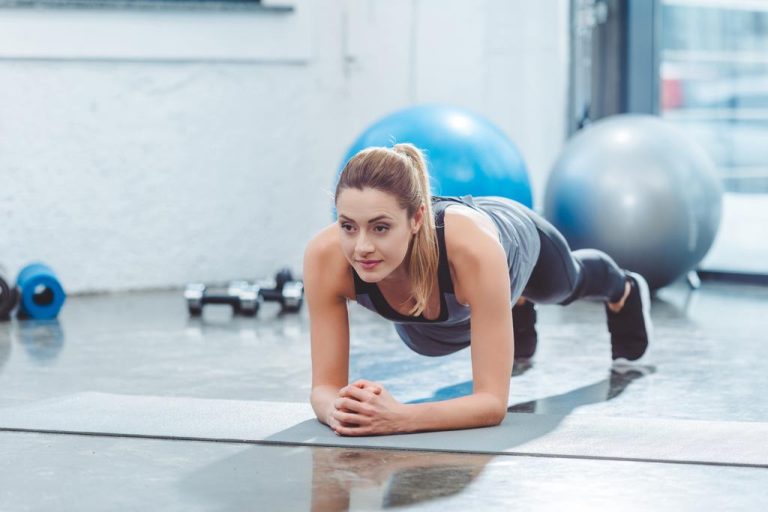They often occur, especially when doing sports: calf cramps. There are simple ways to avoid the annoying pain. Read the best tips for relieving and preventing calf cramps here.
Electrolyte Imbalance – Most Common Causes of Leg Cramps
Common causes of cramps are overexertion of the muscle or a disturbed electrolyte balance. However, if the symptom occurs regularly for no apparent reason, it can be a sign of kidney disease, diabetes or an underactive thyroid. In this case, a doctor should be consulted.
A disturbed electrolyte balance, on the other hand, can easily be avoided. The body needs a variety of minerals such as magnesium, iron, potassium and calcium, especially when exercising. During strenuous physical activity, large amounts of it are lost through sweat production. If this loss is not compensated promptly by the intake of fluids, there is a risk of a deficiency and imbalance in the electrolyte balance, which then manifests itself in the form of cramps.
Magnesium plays a particularly important role: The mineral has a major influence “on the activities between nerve cells and muscles,” explains Apotheken Umschau. If there is too little magnesium in the body, the muscles can cramp more quickly.
These tips will help against calf cramps
If the cramp is already occurring, stretching exercises are particularly helpful to loosen the cramped muscle. The following tips can also help to prevent calf cramps:
Balance electrolytes: The loss of electrolytes through the urine or heavy sweating must be balanced, for example by drinking. Isotonic drinks can help with this.
Walking around: If you get a cramp while exercising, walking around can help a little. Even if it is painful, the movement stimulates blood circulation in the leg and relieves the cramp.
Stretching: Stretching is particularly helpful. An effective exercise for calf cramps is to lock your leg and pull your foot in toward your body. At the same time, the heel must be pushed through. After half a minute at the latest, the pulling should subside.
If you want to avoid calf cramps, you should make sure that you drink enough. However, the electrolyte balance can also be controlled through diet. Affected people should pay attention to balanced meals with minerals such as magnesium, iron or calcium. Dietary supplements are also an option to compensate for the loss of electrolytes.
In addition, you should always pay attention to the right footwear when doing sports. Anyone who regularly suffers from calf cramps should still see a doctor.

